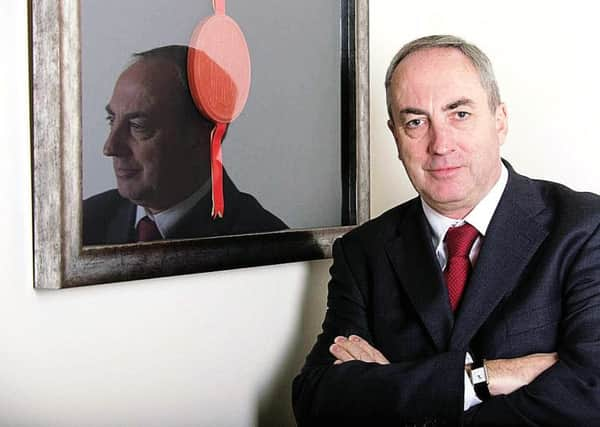Leader: Concern grows over '˜named person' law


A decision by ministers to appoint a “state guardian” to every child in Scotland has led to accusations of unwarranted interference in family life and claims that resources will become so stretched that the genuinely vulnerable might not receive the attention they desperately need.
Supporters of the law say it will ensure more cases where children are neglected or in danger will be uncovered – and dealt with sooner. They also insist named persons will not have the right to intervene where no problem exists.
Advertisement
Hide AdAdvertisement
Hide AdThe concerns of those who feel uncomfortable about this new legislation are understandable. Named persons – in most cases teachers or health workers – will face potentially career-ending consequences if they fail to spot problems affecting a child for whose welfare they will have legal responsibility. Equally, the risk of overzealous action from named persons is a legitimate fear.
There are also issues about what standard named persons are to apply. What one individual might feel is an acceptable way to bring up a child may, to another, seem quite wrong.
Most children already have guardians – their parents – and we sympathise with those who believe the state has no place in their families.
It is important to remember that mechanisms to ensure that children at risk are identified have existed for decades. Social work departments do much to assist in cases where children are believed to be in danger.
The concerns of those who fear that the new legislation will weaken the focus on those in real need cannot be dismissed. But those who opposed the appointment of “state guardians” have already lost the argument: named persons are soon to be a fact of life and will remain so until the Scottish Parliament decides otherwise.
It is troubling that this new legislation faces such fierce opposition from parents, churches, and politicians. Perhaps more worrying still is the suggestion that the law may be flawed.
Today, we reveal that the Public Services Ombudsman, Jim Martin, has written to MSPs to express concerns about the system being put in place. He suggests the regulated system being introduced by the Scottish Government will not be flexible enough to adapt if changes to the way complaints are handled are deemed necessary.
Furthermore, he points out that the procedure to be followed in the case of concerns about the actions of named persons are out of step with those elsewhere in the public sector.
Advertisement
Hide AdAdvertisement
Hide AdOf course, the protection of vulnerable children must be a priority. But how much faith can parents be expected to have in the named person scheme if even the public servant who will have responsibility for dealing with any clashes that may arise between parents and the authorities has reservations?
Good laws do not necessarily require widespread public support but they should, at least, be clear and workable. The suggestion is the named person legislation does not pass that test.
From 31 August this year, councils and health boards will be expected to provide a named person for every child and young person from birth until the age of 18. Parents and those who will be expected to act as “state guardians” have the right to expect the legislation is fit for purpose.
There are serious questions now for the Scottish Government to answer about whether that is, in fact, the case.
The Public Services Ombudsman’s concerns suggest that the system, as it is currently designed, may prove too inflexible and unwieldy to be the success ministers hope it will be.
If Scottish children are to have “state guardians” then parents must have confidence that the legislative framework under which they will operate is sound.